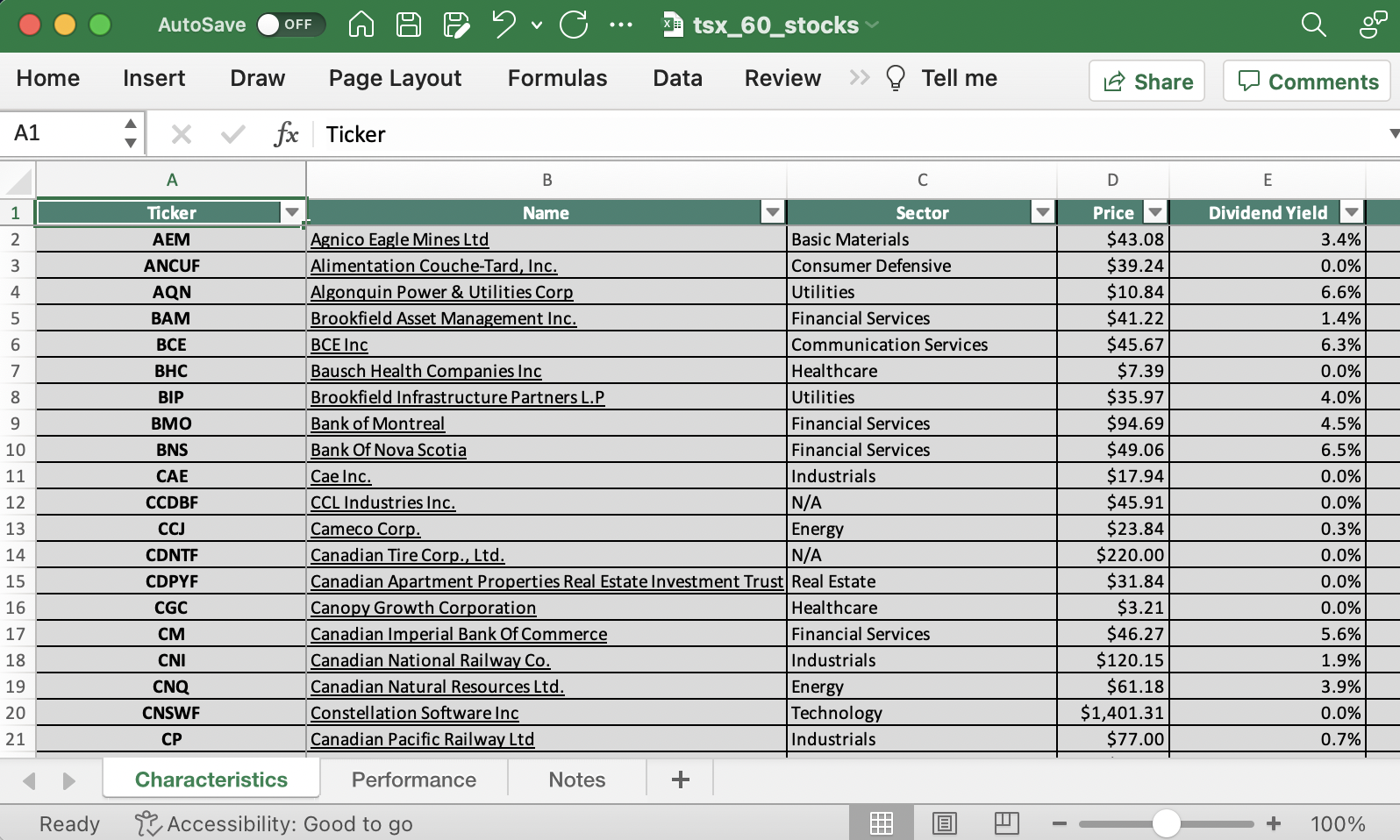These Are the Plunderers: How Private Equity Runs — and Wrecks — America. 2023. Gretchen Morgenson and Joshua Rosner. Simon & Schuster.
In 1970, Milton Friedman penned an influential editorial in The New York Times stating that business had one social responsibility: to increase profits. The Friedman doctrine focuses on managers in their role as agents for owners. As Friedman points out, managers, as individuals, may have many responsibilities to their family, country, and community. However, in such cases, individuals are principals, not agents, and do not represent the interests of others. The exception to profits as the sole responsibility, Friedman points out, is when a group sets up a corporation for charitable purposes, such as a hospital or school.
In These Are the Plunderers: How Private Equity Runs — and Wrecks — America, Gretchen Morgenson and Joshua Rosner attempt to pull back the curtain on the opaqueness of the private equity industry. Morgenson and Rosner contend that private equity (PE) has gone far beyond the Friedman doctrine and has even applied the goal of maximizing profits to formerly not-for-profit organizations. The book’s title indicates that the authors are not interested in presenting the industry’s good, bad, and ugly sides — just the latter two.
Morgenson, a 2002 Pulitzer Prize winner, is the senior financial reporter for the NBC News Investigative Unit and has extensive experience in the financial markets, having worked as a stockbroker and reporter for the Wall Street Journal and the New York Times. Rosner, likewise, is a veteran of Wall Street and is the managing director of research at the consultancy Graham Fisher & Co. The two previously collaborated on a book on the 2008 financial crisis, Reckless Endangerment: How Outsized Ambition, Greed, and Corruption Led to Economic Armageddon.
These Are the Plunderers is well researched and comprises 17 chapters and 52 pages of notes from the popular press, academic research from such sources as the NBER and the Journal of Financial Economics, court filings, legislative hearings, and author interviews. Although the book covers the private equity industry as a whole, much of it traces the misdeeds of Leon Black’s Apollo Fund. Other PE funds that receive significant coverage include Stephen Schwarzman’s Blackstone Group, Kohlberg Kravis Roberts (KKR), and the Carlyle Group.
After a brief introduction to Michael Milken, junk bonds, and the art of leveraged buyouts, the book’s first half sets the stage for the rest of the book by focusing on the Apollo Group’s foray into the purchase of insurance company Executive Life. Although no one would view an insurance firm as one with charitable goals, insurance serves a more essential societal role than many other businesses.
Much of this part of the book focuses on the victims — most notably, Vince and Sue Watson. The couple used a malpractice award for brain damage suffered by their toddler, Katie, to purchase a policy from Executive Life to fund her care. In painstaking detail, the authors describe how Black’s Apollo Fund acquired the firm, enriching Black and his partners and leaving policyholders with a fraction of what they were promised. Readers are likely to find this eye opening because most of us would expect that a structured settlement funded through an insurance annuity would provide guarantees to the recipient. However, the financial promises made by the original insurer do not apply to the acquirer.

This calamity was made possible by the political ambitions or incompetence of California’s insurance commissioner at the time, John Garamendi. Garamendi chose to seize Executive Life even though many experts believed the firm would survive. In an affront to policyholders, Garamendi allowed Executive Life’s bond portfolio to be sold at fire sale prices to Black and his colleagues, even though Wall Street consultants believed the price was too low. Later research by Harry DeAngelo, Linda DeAngelo, and Stuart C. Gilson in the Journal of Financial Economics found that the company’s bond portfolio would have recovered in a year. To add insult to injury, a California judge approved a request to destroy all court documents and filings in the Executive Life case.
The authors weave a compelling tale of greed and misdeeds throughout the book. We are introduced to a cast of characters on both sides of the issue. These stories dispel the myths about private equity that the profession promotes. That narrative holds that PE represents the best of capitalism, an industry that takes on the risks and receives the rewards for turning around companies on the verge of extinction. But Morgenson and Rosner offer examples of for-profit and not-for-profit organizations bled dry by PE, leaving employees, pension funds, taxpayers, and other stakeholders holding the bag. Readers might ask, “Did the authors cherry-pick a handful of egregious cases that do not represent the norm?” Throughout the book, the authors point out their attempts to obtain comments from PE funds that are discussed. In most instances, their requests were ignored; in others, they were given canned responses that painted the firm and industry in the best possible light.
The PE playbook is always the same: Borrow money to acquire the firm, saddle it with debt, and extract exorbitant management fees. The fees sometimes continue long after the PE firm has already sold off the entity, a gambit that the authors call “money for nothing.” The authors illustrate that principle with the industry practice of charging pension funds for cash committed but not yet under management. In some instances, when the PE firm cannot identify a viable buyer for an exit, it may sell the entity to one of its other funds at an inflated price, leaving investors in the first fund with a nice profit and investors in the acquiring fund holding the bag.

Elaborating further on plundering by private equity, Morgenson and Rosner provide cases of PE’s stranglehold on the health care industry. The authors recount stories of physicians and nursing home employees who were fired after speaking out about safety concerns and individuals who were banned from visiting loved ones when they complained about the quality of care. During the COVID-19 crisis, when health care was in exceptionally high demand, PE-backed hospitals and nursing homes often cut staff and reduced pay. The book also reports PE-owned nursing homes providing unnecessary care to pad Medicare payments.
The book makes it clear that PE’s misdeeds could happen only with the help of regulators and the judiciary, who seem uninterested in protecting some of the most vulnerable in society. Their indifference is evidently no mere matter of chance. Morgenson and Rosner note that PE firms spend significant sums of money lobbying legislators to support laws that are good for PE. One example is the Carlyle Group, strategically located in Washington, DC. The firm has employed many former government officials as lobbyists. They include former president George H. W. Bush, former White House chief of staff and secretary of the Treasury James Baker, and current US Federal Reserve Board chair Jerome Powell. The authors ask whether Powell’s close ties to PE influenced his decision to engage the Fed in corporate bond buying during the COVID-19 pandemic.
PE’s story is emblematic of the dark money that is so prevalent in American politics. In the PE industry, firms use complicated structures to conceal their ownership and to shield themselves from liability. This practice includes setting up a business with a named physician as the owner, to circumvent state laws that preclude the corporate practice of medicine. If private equity firms are not crossing ethical or even lawful lines in their business dealings, one must ask why they go through such efforts to obscure their ownership. Other businesses are more than happy to identify themselves with their products and services; think Intel and its microprocessors, Microsoft’s Windows, and Amazon’s web services business. In contrast, PE firms understand that using obscure ownership structures protects them from liability and makes it difficult for regulators to identify antitrust violations.
Morgenson and Rosner offer hope for the future, suggesting that the tide may be turning. In a Senate Antitrust Subcommittee hearing in April 2021, unlikely allies Democrat Richard Blumenthal and Republican Josh Hawley, senators from Connecticut and Missouri, respectively spoke out about the problems of PE ownership of health care companies. In addition, House Democrats have pushed for more significant disclosures in the Health Care Price Transparency Act, and current Securities and Exchange Commission (SEC) chair Gary Gensler has been seeking new rules on how private equity and hedge funds deal with their investors.

These Are the Plunderers is a valuable read for anyone interested in learning about the private equity industry and its growing influence and power over the economy. The financial sector has been a significant growth engine for the US and world economies, helping individuals save for retirement, fund education, and finance homes and automobiles. Businesses have also benefited from the advice and services that financial firms offer. The problem for those of us in areas of finance other than PE is that the average person on Main Street is likely to lump all financial institutions into one box. Many people outside the world of finance are unlikely to understand the differences between Vanguard, JPMorgan Chase, and KKR. A black eye for the PE industry may, at the least, harm the reputation of the finance industry and, at worst, lead to demands for unnecessary scrutiny and regulation of all areas of finance.
If you liked this post, don’t forget to subscribe to the Enterprising Investor.
All posts are the opinion of the author(s). As such, they should not be construed as investment advice, nor do the opinions expressed necessarily reflect the views of CFA Institute or the author’s employer.
Professional Learning for CFA Institute Members
CFA Institute members are empowered to self-determine and self-report professional learning (PL) credits earned, including content on Enterprising Investor. Members can record credits easily using their online PL tracker.



























